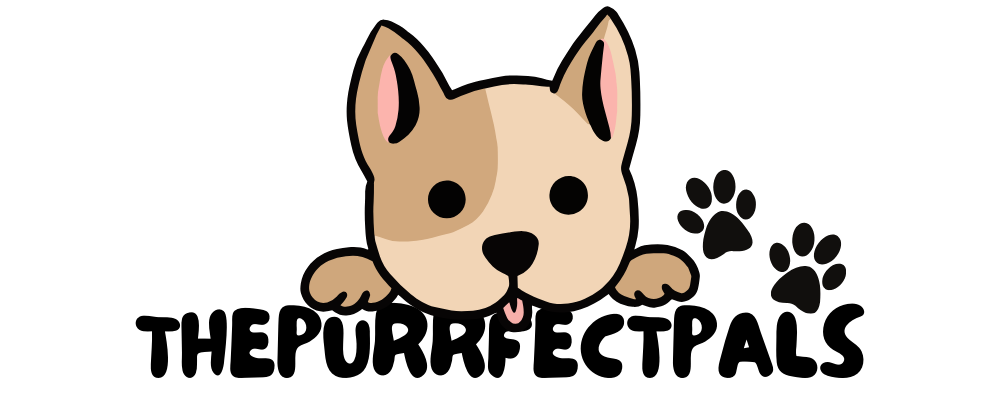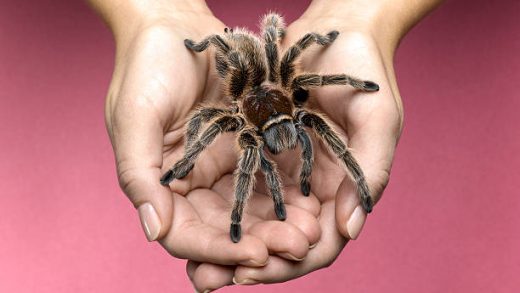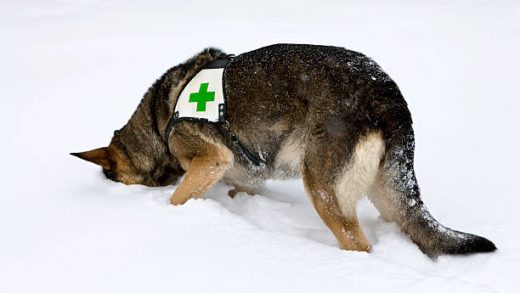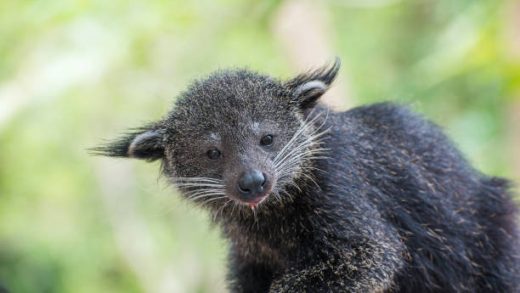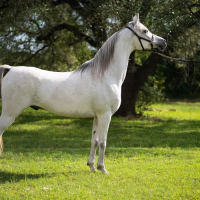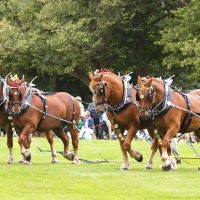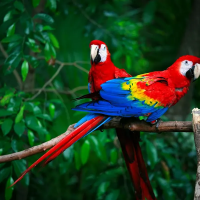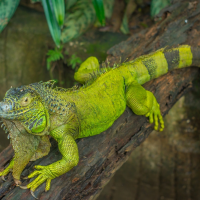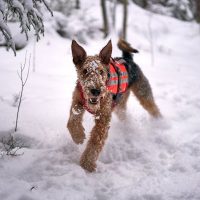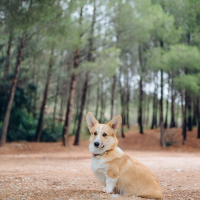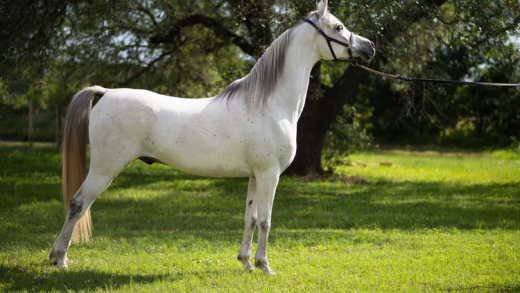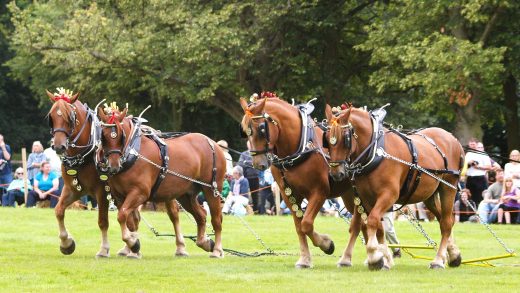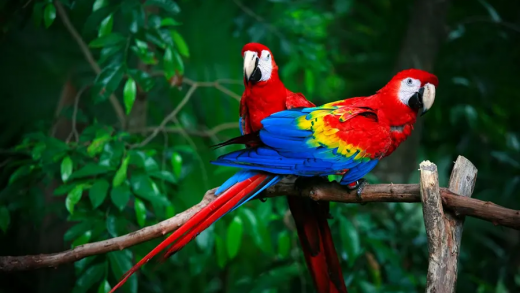
Table of Contents
Quick facts
| Name | Norwegian Forest Cat |
| Other Name | Wegie, Skogkatt |
| Origin | Norway |
| SIze | Up to 18 poundsLength up to 36 inches |
| Lifespan | Up to 16 years |
| Coat | Long hair with dense undercoatAlmost any colour and pattern |
| Temperament | Friendly and interactive |
| Exercise Needs | Moderate |
| Training Difficulty | Moderate |
| Health Issues | Moderate |
| Grooming Needs | High |
| Price | $600 – $1200 |
Introduction: Norwegian Forest Cat
The Norwegian Forest Cat is a large, friendly breed with a long, dense coat, well-suited to cold climates. They are known for their intelligence, playfulness and sociable nature. They are also called “Skogkatt” in Norwegian and “Wegie” in the US. These cats get along well with children and other animals that make them excellent family pets. They are calm and affectionate cats. They require regular grooming to maintain their coat and plenty of physical activity to keep them healthy and happy. In this article we will learn about its beautiful world.

History and origin
Norwegian forest cats have a rich and storied history. These cats are believed to have been involved naturally in the cold forests of Norway. They are thought to have been companions of the Vikings. Images and written descriptions resemble the Norwegian forest cat exist from as early as the 16th century. In the 20th century, the breed was nearly lost because of vast cross-breeding with other types of cats. People recognized that the breed was a national treasure.

Norway’s king deemed the Norwegian forest cat the national breed of Norway. The breed was officially recognized by the Federation international Feline (FIFe) in the 1970s. The first Norwegian forest cats arrived in the US in 1979 and were accepted for championship status by The International Cat Association in 1884.
Physical characteristics
The Norwegian Forest Cats are large and muscular cats where male typically weigh between 13 – 22 pounds and females weigh between 9 – 13 pounds. They have dense double coats that protect them from harsh climates and come in a wide variety of colors, shades, and patterns, including solid, bi-color, cameo, and smoke. They have a triangular head with a straight profile and almond-shaped eyes with different colors which gives them an expressive look. Their back legs are slightly longer than their front legs and they have long and bushy tails.

Temperament and personality
The Norwegian forest cats are known for their friendly, gentle and sociable temperament which makes them a great companion for the household. They have affectionate nature and enjoy being close to their human companions. They enjoy the company of people and other pets. They are very energetic and playful cats and enjoy interactive play sessions. They are highly intelligent and curious cats that make them easily trainable cats. They also appreciate their independence and may entertain themselves when their owners are busy. They are also known for their calm and tolerant nature.

Exercises and Activity needs
The Norwegian forest cats are very active and energetic cats that need regular exercise and mental stimulation. They love engaging in interactive play and activities. Physical exercises like play sessions, Climbing, running, outdoor times helps to keep them physically stimulated and mental exercises like puzzles toys, training sessions, Rotate toys etc helps to keep them mentally stimulated. Social interactions and monitoring their weights are also very important.
Grooming and care
Grooming and care are the essential aspects to keep the Norwegian forest cat healthy and happy. They have a dense, double coat that needs regular brushing to prevent matting and reduce shedding. Regular grooming like occasional bathing, trimming nails, dental care, ear cleaning, eyes care, balanced diet etc can be done to ensure cats remain healthy, happy and comfortable.
Some useful tips:-
- Brushing their coats with a soft, slicker brush.
- Occasional baths can help manage shedding and keep their coats clean.
- Trimming their nails every 2-4 weeks to prevent overgrowth.
- Brushing their teeth regularly.
- Giving them high-quality cat food.

Health and common concern
The Norwegian forest cats are generally healthy cats but like other breeds they can also suffer from some common health issues. Some of the health issues are:-
- Hypertrophic Cardiomyopathy (HCM)
- Polycystic Kidney Disease (PKD)
- Glycogen Storage DIsease Type IV (GSD IV)
- Obesity
- Dental issues
Some preventive measures
- Regular Veterinary Check-ups.
- Provide a balanced diet consisting high-quality cat food.
- Proper sanitation and a clean environment is very necessary.
- Engage your cat in regular play and exercises.
- Keep up-to-date with tick, flea, and worm prevention treatments.
Training and Socialization
The Norwegian forest cats are very intelligent cats and generally easy to train. Training and Socialization is a very important aspect for raising a well-behaved and confident cat. Training like positive reinforcement, basic commands, clicker training, patience and consistency etc. and socializing them by exposing them to different other animals, peoples, and new environments at a young age help to develop confidence and well-behaved companions for the households. Training and socialization also helps to strengthen the bond between the cats and its owners.

Conclusion
In conclusion, Norwegian forest cats are beautiful cats that can be perfect pets that love companionship but don’t need constant physical contact with their cats. They are also known for their friendly, intelligent and playful nature. They are smart and enjoy learning tricks. They form a strong bond with human companions and they get along with other pets easily. Through proper care, stimulating environment, proper grooming and care, and training and socialization, owners can ensure their Munchkin cat leads happy, healthy and fulfilling lives.
Image Source: Getty Images
People also read about: Mini Bernedoodles
